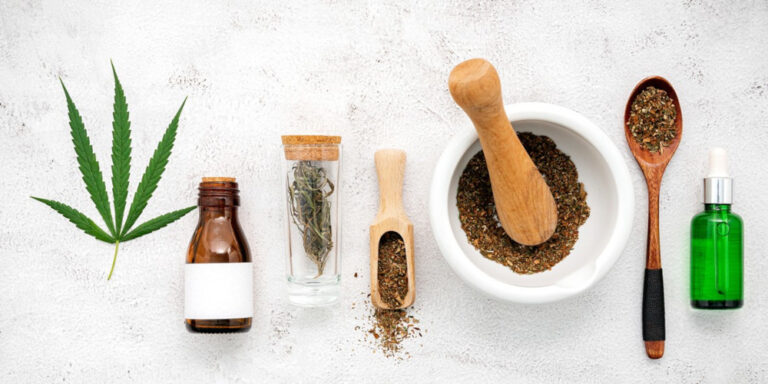You might have heard the term ‘Gateway Drug’ thrown around in discussions about cannabis. The theory suggests that cannabis serves as a stepping stone to harder, more dangerous substances. But what’s the reality? And how does this debate impact South Africans seeking addiction treatment? From an economic standpoint, substance abuse is a significant societal cost. It’s important to understand whether cannabis truly acts as a gateway to further substance abuse, impacting public health expenditures and workforce productivity.
Contrary to popular belief, the majority of cannabis users do not progress to using harder drugs. The National Institute on Drug Abuse points out that while it’s true many people who use harder drugs have used cannabis, correlation doesn’t imply causation. Several factors, including environment, stress, and socio-economic status, can also contribute to the escalation from cannabis to other drugs. Additionally, many South Africans use cannabis for medicinal purposes. For them, cannabis isn’t a gateway to harder drugs but a vital component of their healthcare.
Yet, the South African situation offers a unique caveat. The mixed use of cannabis and other substances, locally known as “Nyaope” or “Whoonga,” complicates the narrative. This cocktail often contains cannabis along with heroin or antiretroviral drugs, among other substances. If you’re seeking addiction treatment, it’s crucial to understand that substance abuse often has multi-factorial roots, which can’t be solely blamed on cannabis use.
As we analyze the societal costs of addiction, the ‘Gateway Drug’ theory starts to lose its stronghold. Instead of focusing solely on cannabis as a stepping stone to other drugs, a more holistic approach to understanding addiction and its economic impact is needed. You have to consider a broad array of factors, including socio-economic conditions, mental health, and the availability of educational resources, all contributing to the complexity of substance abuse.
Frequently Asked Questions
- Is cannabis a gateway to harder drugs?
Contrary to popular belief, most cannabis users don’t move on to harder drugs. It’s essential for you and your loved ones to understand that correlation doesn’t mean causation. While many people who use harder drugs have used cannabis, other factors like environment, stress, and socio-economic status often play a significant role.
- What is the South African context regarding cannabis as a ‘Gateway Drug’?
In South Africa, the situation is complex due to the local usage of mixes like “Nyaope” or “Whoonga,” which often contain cannabis along with substances like heroin. It’s crucial for you to recognize that this mixture adds another layer to the issue and makes it unique to the South African context.
- What does the National Institute on Drug Abuse say about cannabis as a ‘Gateway Drug’?
The National Institute on Drug Abuse acknowledges that many people who use harder substances have used cannabis but clarifies that this doesn’t establish a causal relationship. If you’re concerned about escalating drug use, it’s better to focus on multiple factors, such as mental health and socio-economic conditions, rather than pinpointing cannabis as the sole culprit.
- Is cannabis usage high among South Africans?
Yes, cannabis usage is relatively common in South Africa, including for medicinal purposes. If you or a loved one are using cannabis medicinally, it’s important to remember that this doesn’t necessarily indicate a progression to harder drugs. Rather, it’s often a vital part of a healthcare regimen for many.
- What’s the economic impact of the ‘Gateway Drug’ theory?

From an economic standpoint, the focus on cannabis as a gateway drug can be misleading. It can divert attention and resources from a more holistic understanding of substance abuse. If you’re concerned about societal costs, it’s more beneficial to consider a range of contributing factors, including mental health and availability of educational resources, which offer a broader understanding of substance abuse and its economic impacts.
When considering the controversial topic of whether cannabis serves as a ‘Gateway Drug,’ you’ll find diverging perspectives, especially within the unique backdrop of South Africa. On one hand, cannabis alone is not definitively linked to the use of harder substances. Correlation does not equate to causation; many users of harder drugs have tried cannabis, but a significant majority of cannabis users don’t escalate their drug use. So, if you’re focused solely on the plant as the root cause of broader substance abuse issues, you’re likely missing the bigger picture.
However, it’s essential for you to understand that the South African context adds layers of complexity. The existence of drug mixes like “Nyaope” complicates the debate around cannabis as a ‘Gateway Drug.’ These mixes contain cannabis along with much harder substances, thus creating a different risk profile that you need to consider seriously. Moreover, the economic aspects of labeling cannabis as a ‘Gateway Drug’ can shift focus and resources away from a more multifaceted understanding of substance abuse and its societal costs. In the South African context, where social and economic conditions often amplify substance abuse issues, a narrow focus on cannabis could undermine broader prevention and treatment efforts.
In the words of the famous philosopher Socrates, “I know that I am intelligent, because I know that I know nothing.” The debate on whether cannabis is a ‘Gateway Drug’ has no easy answers, especially in a nuanced and complex environment like South Africa. So it’s up to you to consider multiple angles, challenge preconceived notions, and engage in the discourse with an open mind.










